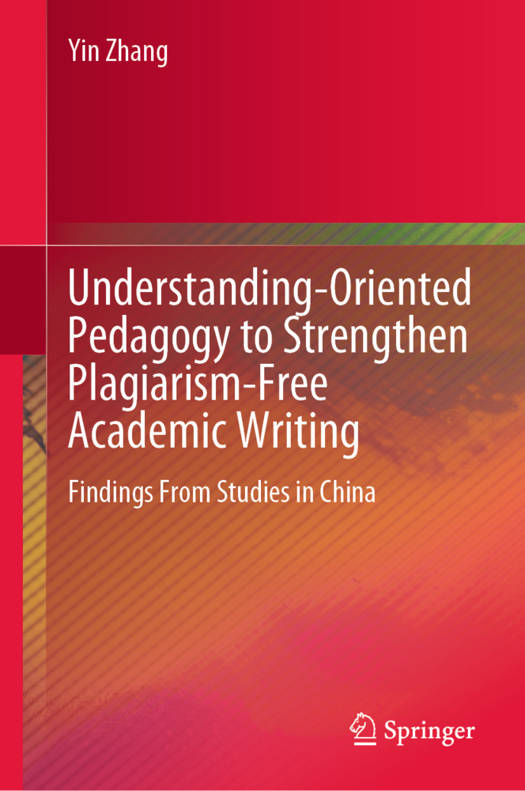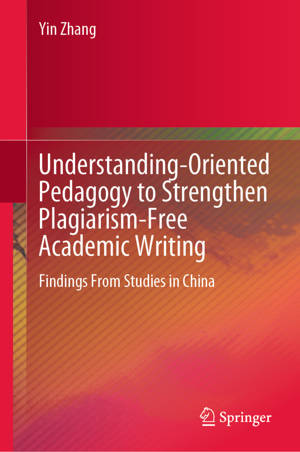
- Afhalen na 1 uur in een winkel met voorraad
- Gratis thuislevering in België
- Ruim aanbod met 7 miljoen producten
- Afhalen na 1 uur in een winkel met voorraad
- Gratis thuislevering in België
- Ruim aanbod met 7 miljoen producten
Understanding-Oriented Pedagogy to Strengthen Plagiarism-Free Academic Writing
Findings from Studies in China
Yin ZhangOmschrijving
This book discusses the plagiarism-free academic writing in higher education. It demonstrates how to orchestrate an understanding-oriented pedagogy (including the teaching of plagiarism and source use) in order to facilitate plagiarism-free academic writing among undergraduates by revealing studies in China. This book emphasizes that plagiarism is a mere symptom of educational problems and plagiarism urgently needs education-based solutions instead of punish solutions. It highlights that students' meaningful understandings of plagiarism and source use should be identified as the main learning objectives of plagiarism instruction, as well as features the adoption of plagiarism instruction in academic writing practices in subject courses. It also focuses on the potentials of Information and Communication Technology (ICT) in scaffolding learning and teaching under plagiarism pedagogy beyond merely detecting plagiarism.
This book also contributes to the discussion about the validity of current plagiarism assessment scales by providing evidences to challenge them and proposing a new one. This book is of great benefits for readers to increase knowledge and promote positive attitudes toward plagiarism and plagiarism instruction. It adds to our knowledge of how plagiarism in higher education can be effectively prevented by adopting an understanding-oriented pedagogy. It also adds to our knowledge of how Chinese undergraduates and their instructors view plagiarism and cope with plagiarism in discipline-based courses, which provides robust evidence for the academic debate about whether culture has effects on students' plagiarism in academic writing. Finally, it provides insights about the relationship among plagiarism, pedagogy, and technology.
Alleen bij Standaard Boekhandel
Beoordelingen
We publiceren alleen reviews die voldoen aan de voorwaarden voor reviews. Bekijk onze voorwaarden voor reviews.













